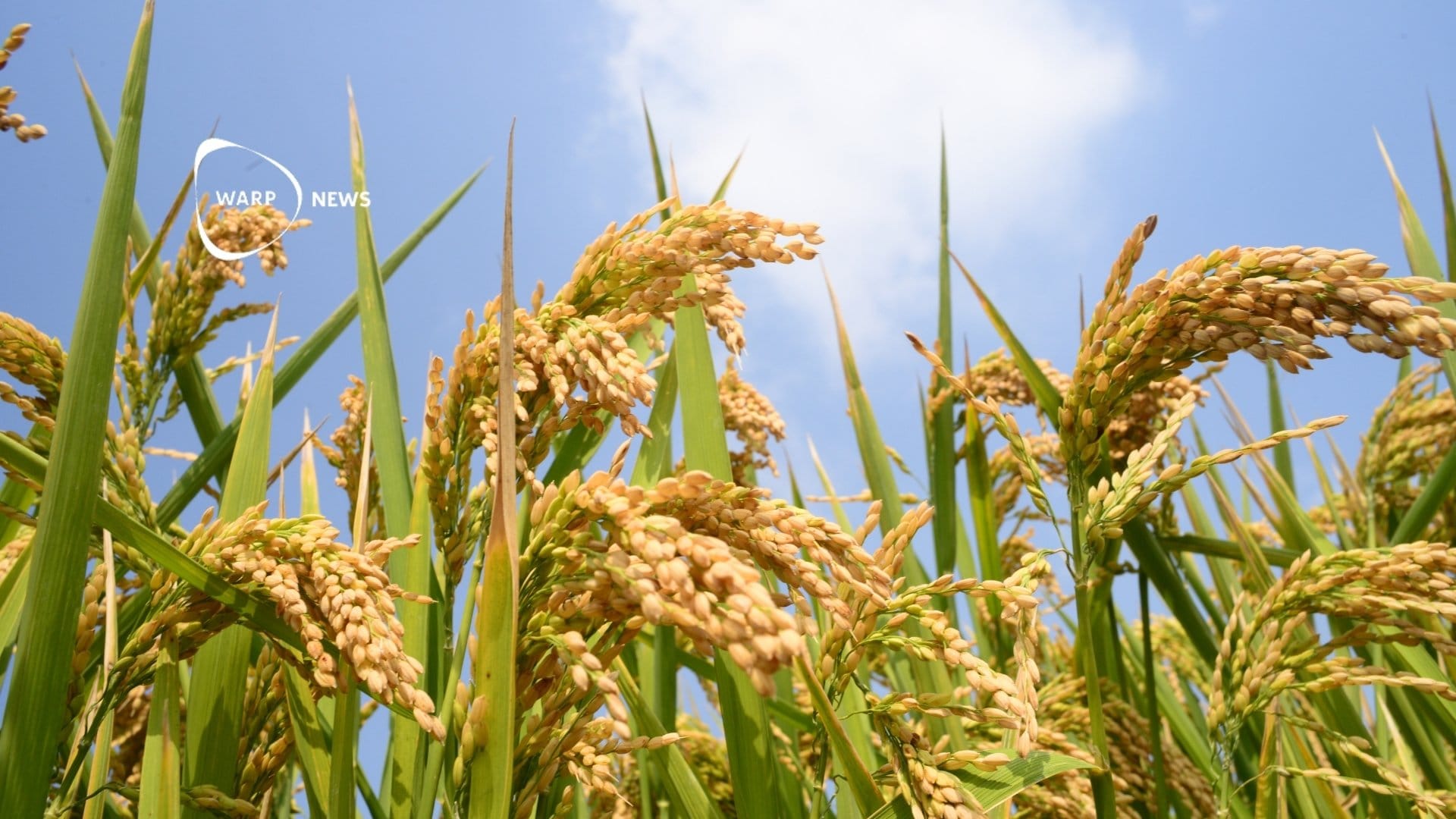🍔 Food Tech
A lot of innovation is going on in food tech, making food cheaper, more nutritious, better tasting and with less emissions during production. Here you'll find articles about AI, sensors and IoT, big data, digital biology, precision farming, cell-grown meat, GMO and automation.
🌾 New rice variety manages with half the water
Scientists in Chile have developed a rice variety that only requires 12,000 cubic meters of water per hectare, compared to traditional 23,000 cubic meters per season. The new rice variety can be grown in both dry and flooded conditions, making it resistant to different weather conditions.
🌾 New rice variety emits 70 percent less methane
Scientists have developed a new rice variety that emits 70 percent less methane compared to regular rice. The new rice variety has been developed through traditional plant breeding and yields large harvests.
🌾 Record year for global food production
Global production of rice, wheat and soybeans reached new record levels during 2024. Corn production remained at high levels, comparable to the 2021 harvest. Yields per hectare for most staple crops were equal to or higher than previous years.
🧬 CRISPR adapts crops and livestock to withstand warmer climate
Scientists have already created cattle with shorter coats for warmer climates and rice that can handle drier conditions. Several companies are now working to develop corn with shorter and stronger stalks that reduce the risk of damage during severe storms.
🌾 AI-driven weed controllers reduce the need for herbicides by 90%
New technology reduces herbicide use by up to 90 percent. AI-controlled cameras identify weeds for precision treatment. Using less herbicide through precision applications can help lower costs for growers.
🍫 Breakthrough: Chocolate without sugar is no longer a bitter dream
Researchers in Switzerland have developed a method to produce chocolate without added sugar. The entire cocoa fruit is used in the process, which reduces food waste. The method can increase income for cocoa farmers and create jobs in countries of origin.
🍔 Food-from-air company Solar Foods advances in NASA's space food competition
NASA's Deep Space Food Challenge aims to find new ways to provide astronauts with nutrition during long space missions. Solar Foods won the international category in the competition. The company is developing a concept to produce the protein Solein in space.
🍲 Food begins to be produced from air and solar power
Finnish Solar Foods has started production of protein from carbon dioxide and electricity. The factory can produce 160 tons of food per year. The Solein protein can be used in meat alternatives, cheese, and milkshakes.
🍅 New CRISPR tomatoes require less water, but yield remains the same
Scientists have used CRISPR technology to create tomatoes that use water more efficiently. These tomatoes require less water to grow but still produce the same amount of tomatoes, with the same taste and quality.








